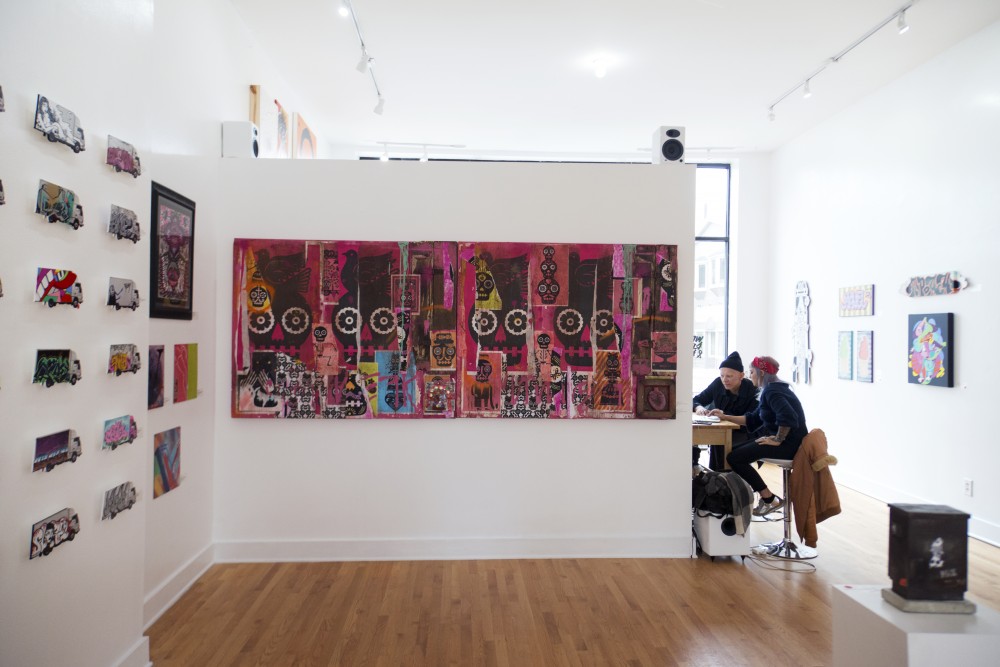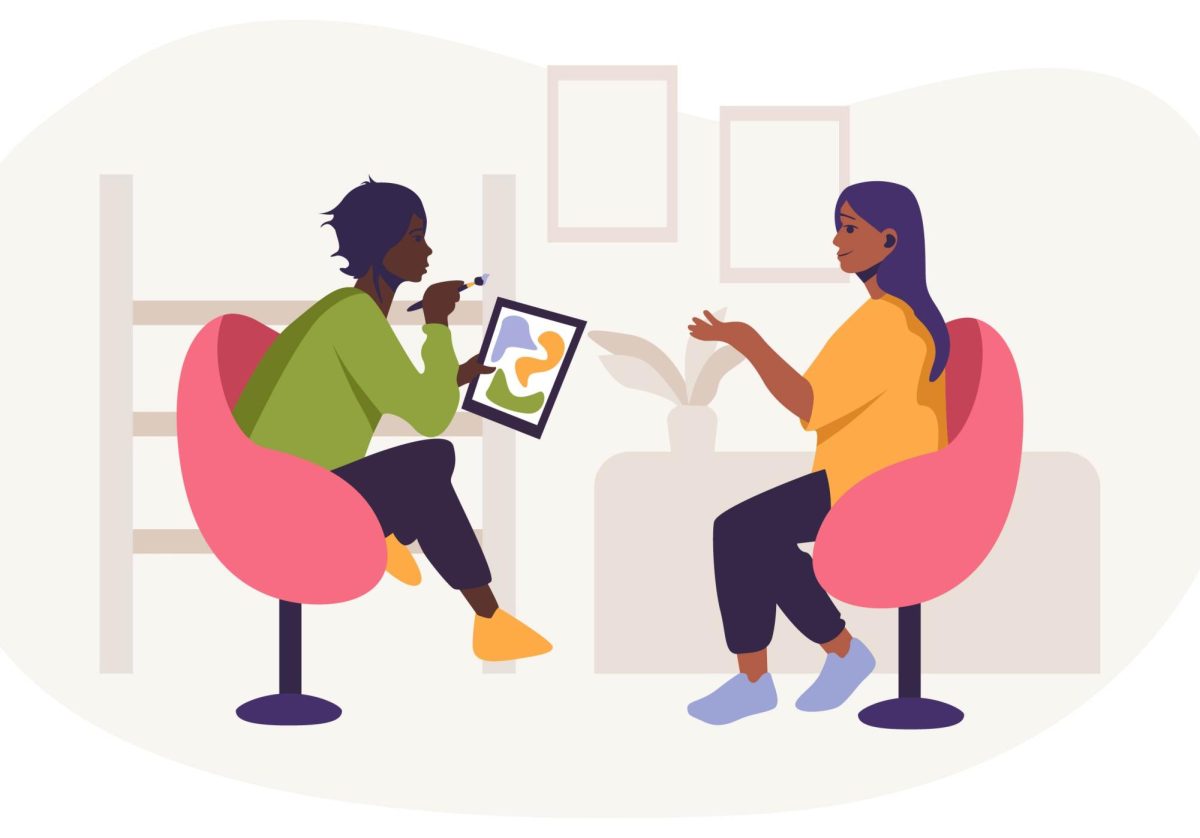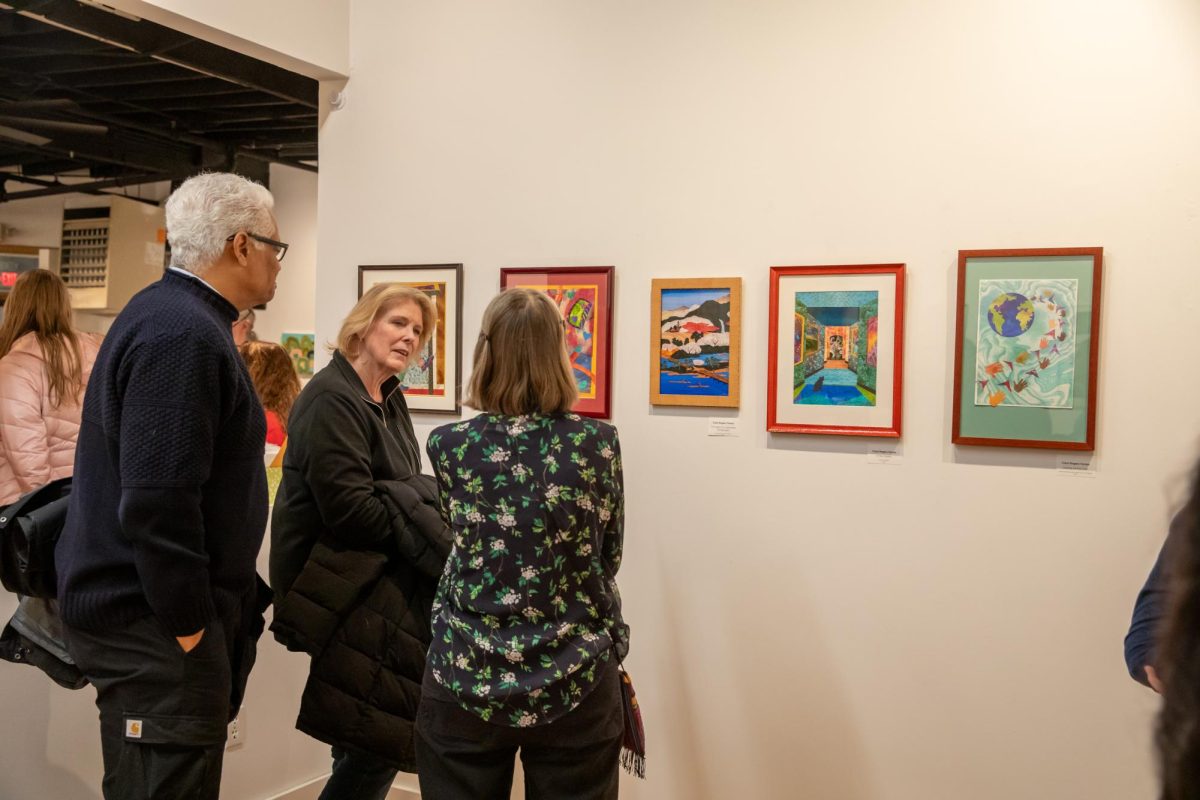Like many events since the pandemic began, Arts Advocacy Day, an annual Minnesota Citizens for the Arts (MCA) event, will look different this year.
The usual day-long event will be a week long to allow for more Zoom meetings between attendees and legislators, taking place from Feb. 16 to Feb. 19.
The agenda for the week includes a short rally and training on the first day, followed by scheduled meetings with legislators from 10 a.m. to 4 p.m. and ending with a virtual happy hour on the last day.
Typically, the event draws anywhere between 500 to 1,000 people. Sheila Smith, the executive director of MCA, said she hopes having Arts Advocacy Day online will make it easier for more people to participate.
“We’re working hard to make this event as big as possible,” Smith said.
Arts Advocacy Day seeks to emphasize the importance of the arts and the need for state art funding. In 2008 the Clean Water, Land and Legacy Amendment was passed on Arts Advocacy Day, tripling art funding in Minnesota.
These funds allow art organizations such as the Minnesota Center for Book Arts (MCBA) to continue providing services to the community, including online workshops and other events.
“Without grant funding, organizations as we know them would cease to exist,” Elysa Voshell, the executive director of MCBA, said.
While the MCBA has halted in-person classes, it is providing a variety of virtual workshops, exhibits and monthly get-togethers, including “Art Practice Circle,” where artists can share what they’ve been working on with each other every first Monday of the month, Voshell said.
“Unfortunately, sometimes I think people think the arts are not an essential need,” Voshell said. “And I think they absolutely are.”
Prior to COVID-19, Regula Russelle, a long-time member of the MCBA Artist Collective, said she had never taught online before but now found she enjoys it. Teaching virtually allows her to engage with people across the state and country who otherwise wouldn’t be able to participate, especially those in greater Minnesota, she said.
“It’s limited in some ways,” Russelle said of online teaching. “But it’s really also very expansive in some other ways.”
Her favorite class to teach is called “Charting an Art Practice,” where she works with artists to establish a daily art practice to achieve their artistic goals, she said.
“Art can help lift spirits. It can help us through a difficult time,” Russelle said.
MCBA plans to continue offering virtual classes in the future alongside in-person classes once COVID-19 conditions ease up, Voshell said.
Amid a state budget deficit, protecting art funding from cuts is more crucial than ever, according to Smith. While virtual events are happening, these events aren’t bringing in the kind of money needed to sustain artists, she said.
“There’s people losing their houses and apartments. It’s very bad,” Smith said.
Despite these financial hardships, Smith said she believes the community is stronger than COVID-19.
“We’re gonna get past this,” Smith said. “Hang in there.”














